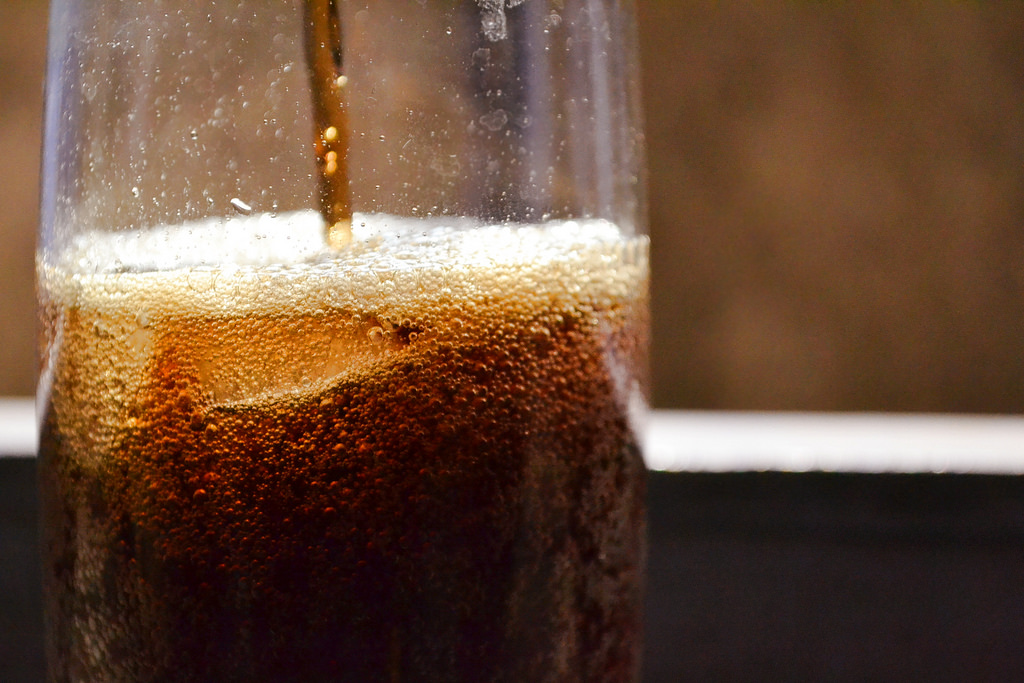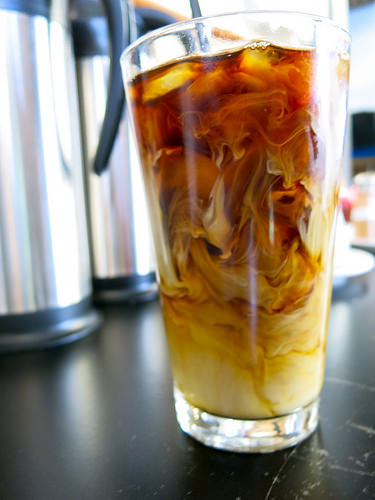Caffeine is one of the most popular legal and addictive drugs in the world. It is naturally found in many substances and foods, many you would not even think of. Caffeine is added to multivitamins, energy drinks and supplements in the hopes of giving you an energy boost. If you love chocolate, coffee, sodas and countless other treats, you are consuming this popular substance.
Normally, drinking coffee and eating lots of chocolate is no big deal. However, when you start to think about caffeine and fertility, you may wonder if the consumption of too much of it will affect your ability to conceive.
Can Caffeine Affect Your Fertility?

Opinions differ on the relationship between caffeine and fertility and how it affects a woman’s chances of conception. While some studies have found evidence that high caffeine consumption might make it more difficult to become pregnant, adequate research has not been done to support this conclusion.
Theoretically, there are several ways caffeine might hamper your fertility. Problems that might occur include ovulation dysfunction, abnormal hormone levels and problems with fallopian tubes function. Your eggs are carried from your ovaries through your fallopian tubes to your uterus. The muscles in your tubes must contract in a recurring and smooth rhythm so that the egg is guided gently to its destination. There is some thought that caffeine interrupts the rhythmic waves and hinders the transport to the uterus.
On the other side of the spectrum, caffeine is actually considered beneficial in the case of men and their sperm. Evidence suggests the substance may give sperm a boost and make them faster swimmers.
Play It Safe with Caffeine When Trying for a Baby

Although there has not been any precise evidence or definitive conclusions regarding caffeine and its effects on fertility, most experts agree a consumption of 200-300 mg or less is safe when you are trying to become pregnant. For reference, that equals one 8-ounce serving of strongly brewed coffee or two 8-ounce servings of a weak coffee.
However, couples who are undergoing in vitro fertilization (IVF) may experience a lower chance of conception when caffeine intake exceeds 50 mg per day on a daily basis.
As consuming high levels of caffeine has also been associated with low birth weight, miscarriage and other fetal development issues, experts recommend limiting your caffeine intake or eliminating the substance completely when you are pregnant or are trying to conceive. It is best to talk to your doctor about caffeine and fertility before you start any fertility treatments.
Caffeine Content in Common Food and Drinks
|
Type of Food or Drink |
Serving Size |
Caffeine Content |
|
Generic brewed coffee |
8 oz. |
95-200 mg |
|
Specialty shop brewed coffee |
16 oz. |
200-330 mg |
|
Specialty shop caffe latte |
16 oz. |
150 mg |
|
Specialty shop cappuccino |
12 oz. |
75 mg |
|
Generic espresso |
1 one oz. shot |
64 mg |
|
Specialty shop espresso |
1 one oz. shot |
75 mg |
|
Generic instant coffee |
1 tsp. dried granules |
31 mg |
|
Generic decaffeinated coffee |
8 oz. |
2 mg |
|
Brewed black tea |
8 oz. |
47 mg |
|
Brewed green tea |
8 oz. |
25 mg |
|
Brewed decaffeinated black tea |
8 oz. |
2 mg |
|
Specialty shop chai tea |
16 oz. |
95 mg |
|
Unsweetened instant tea |
1 tsp. powder |
26 mg |
|
Specialty brand canned |
16 oz. |
42 mg |
|
Coke |
12 oz. |
35 mg |
|
Diet Coke |
12 oz. |
47 mg |
|
Mountain Dew |
12 oz. |
54 mg |
|
7-Up |
12 oz. |
0 mg |
|
Pepsi |
12 oz. |
38 mg |
|
Diet Pepsi |
12 oz. |
36 mg |
|
Sprite |
12 oz. |
0 mg |
|
5-Hour Energy |
2 oz. |
138 mg |
|
Red Bull |
8 oz. |
77 mg |
|
Dr. Pepper |
12 oz. |
32 mg |
|
Diet Dr. Pepper |
12 oz. |
32 mg |
|
Note: Several of these sodas have caffeine free options |
|
|
How to Quit Caffeine

It can be hard to stop drinking caffeinated beverages, especially if you are used to consuming them every day. Since there may be a link between caffeine and fertility, you should seriously consider quitting. The best course of action is to take it slow and easy. Do not stop abruptly unless directed to do so. You might want to consider switching to a decaffeinated form of your beverage to help ease your cravings.
1. Replace Your Favorite Drink with a Better Option
If you are used to drinking a specific caffeinated drink on a daily basis, it might help if you choose replacement drink. Beverages to consider might be sparkling water or a decaffeinated herbal tea. Drinking more water will help take the edge off. Don't drink sodas that are loaded with caffeine.
2. Stop Drinking Caffeine a Little a Time
Start by slowly reducing your caffeine intake from your diet. Perhaps you used to drink three cups of coffee a day. For one week, reduce your consumption to two cups. The next week, reduce it to one cup per day. By the third week, you can consider replacing your regular coffee with a decaffeinated version or cutting it out altogether.
3. Budget Yourself
Are you addicted to specialty shop coffee drinks? Give yourself a budget on how much you can spend a week on your favorite caffeinated drink. Once the money is gone, you can't spend any more. Each week, reduce your budget until you don't allow yourself any funds for caffeine beverages.
4. Pick a Detox Day
When choosing a day to let go of caffeine, try to choose one when you are the least busy. Do you typically spend Saturday lounging around the house or is it your busiest day of the weekend? Maybe Sunday is the day you stay in your pajamas all day. Whichever it may be, no matter the day of the week, the day you typically relax is probably the best day to quit caffeine.
5. Lots and Lots of Water
It can't be said enough how important it is to drink lots of water when you are weaning off caffeine. Not only will it keep you hydrated, it will help ease your discomfort and deter withdrawal effects like headaches. Make a goal of drinking about seven or eight 8-ounce glasses of water on a daily basis.
